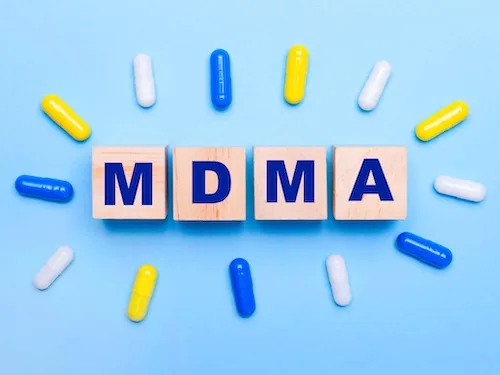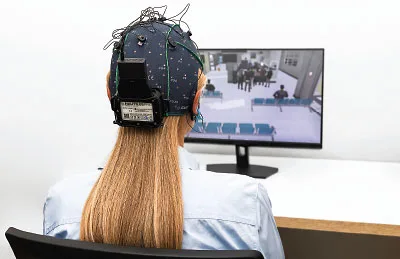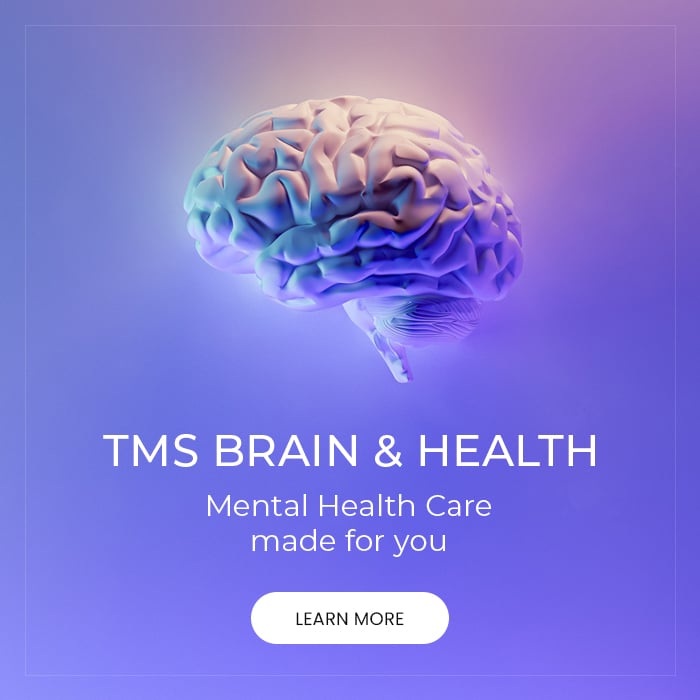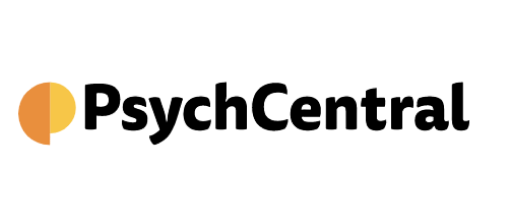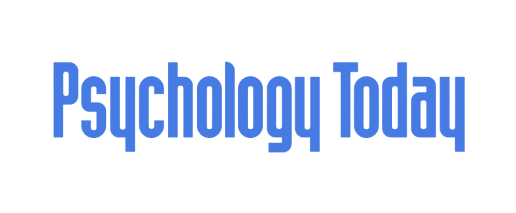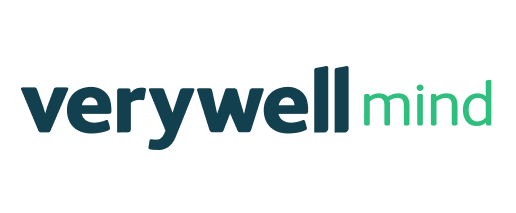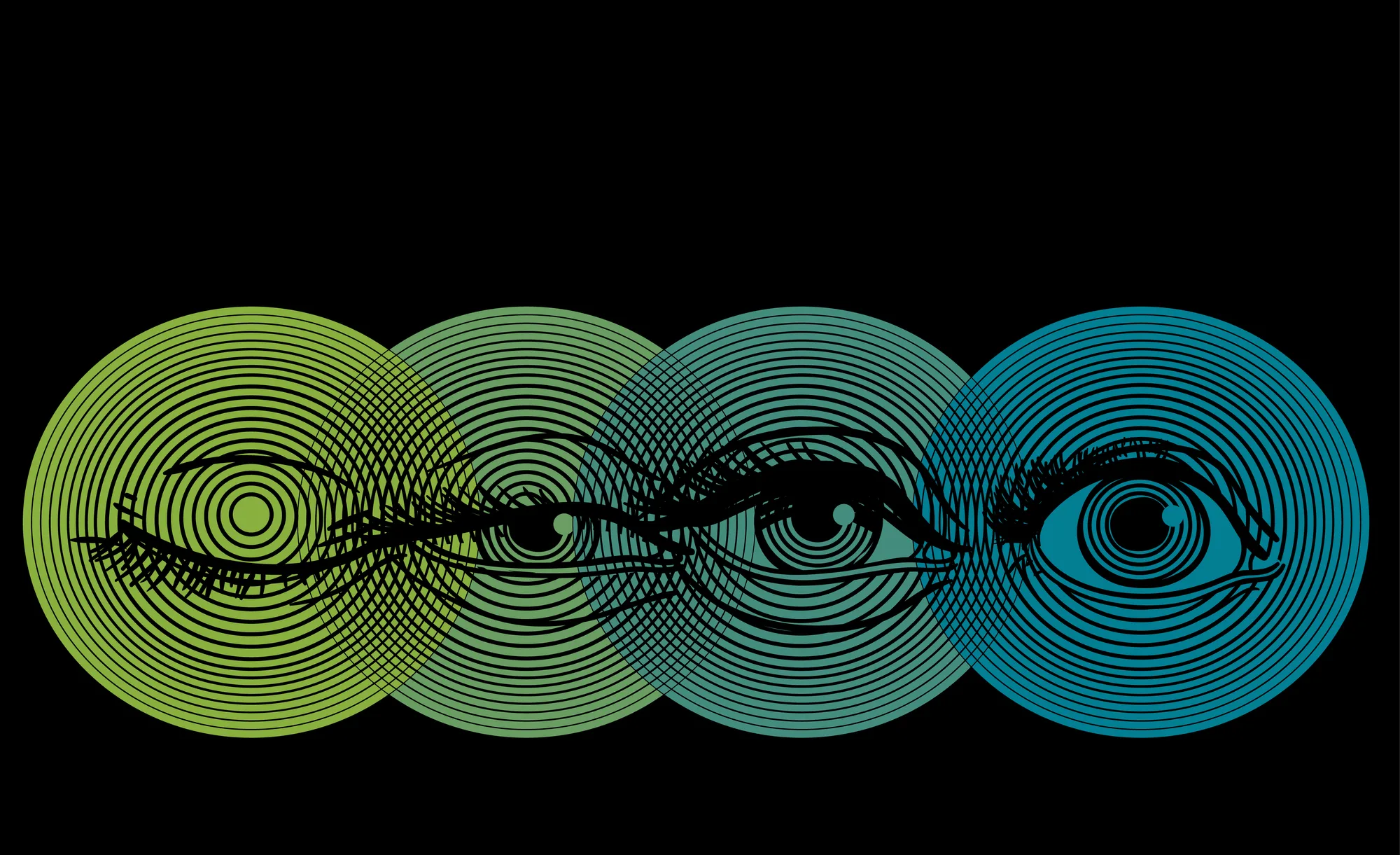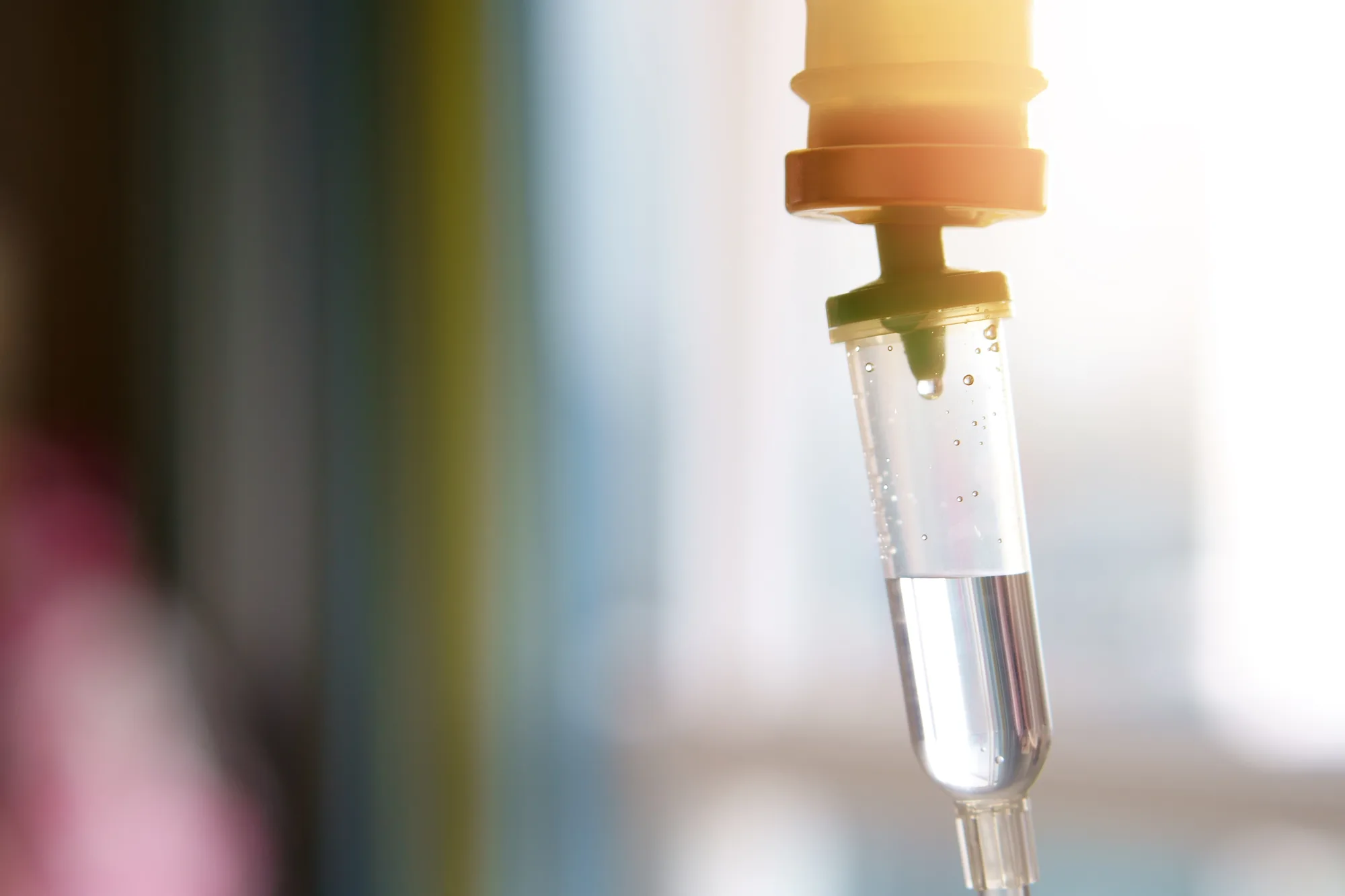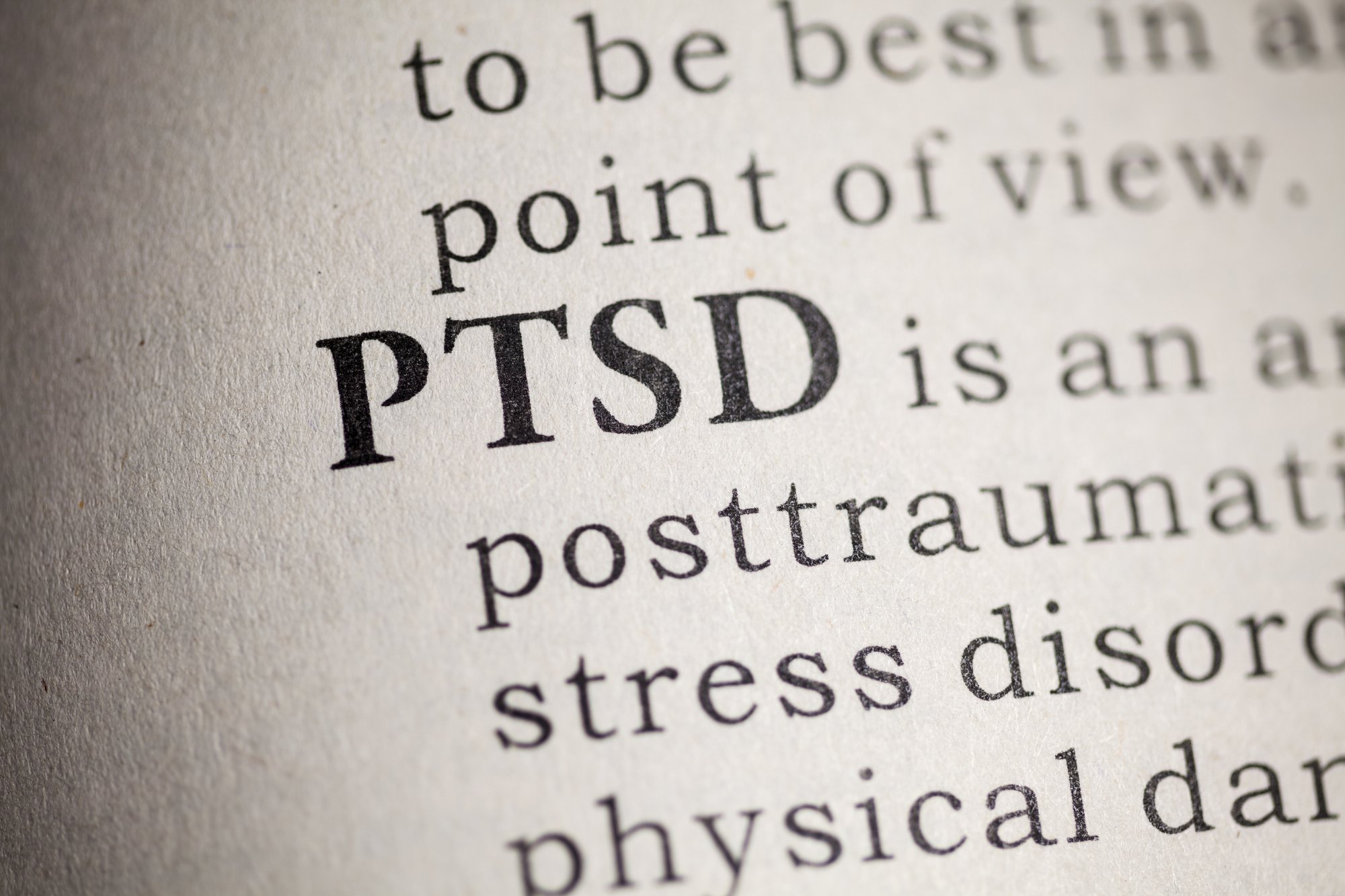Ketamine has been used in the medical field for decades, but is only recently becoming popular for a new reason — as a mental health treatment. Originally used as an anesthetic for soldiers during the Vietnam war in the 1960s, ketamine is still used in many hospitals today to induce anesthesia while preserving airway reflexes and breathing. It is also used for pain management and acute pain treatment in emergency settings or during surgery, and is the most common pediatric and veterinary anesthetic around the world due to its safety profile.
Although ketamine is widely prevalent in medical settings, research into ketamine as a mental health treatment didn’t begin until the year 2000 at Yale University. There is now a substantial body of evidence that supports ketamine as an effective treatment for a variety of mental health conditions, but most commonly depression, PTSD, OCD, and anxiety. While ketamine infusions are still not FDA approved for any mental health disorder, due it being a generic medicine, there are FDA approved iterations available, such as esketamine (known as Spravato).
Ketamine treatment is available at mental health clinics throughout the United States, although regulation on ketamine as a mental health treatment is largely nonexistent. Individuals looking to start ketamine treatment or therapy should err on the side of caution when it comes to finding a clinic. Treatment procedures and dosage can vary widely depending on the location, which is why we’re dedicated to safety and transparency here at Bespoke Treatment. Our dosing protocols were carefully chosen by a team of experts to balance individualization, safety, efficacy, and speed to remission. Check out our recent blog post to learn more about the differences between a trustworthy ketamine clinic and a potentially unsafe clinic.
What is a ketamine infusion?
There are many different methods of administration for ketamine treatment. You may have even seen ads for ketamine pills that are sent directly to your home. The original and most common form of administration is ketamine infusions. Infusions are an in-office treatment in which the medication is administered intravenously by a medical professional over the course of about 40 minutes.
Ketamine infusions use a traditional form of ketamine that might also be referred to as “racemic ketamine,” which means that it contains two mirror image molecules: esketamine and arketamine. This form of ketamine is on the WHO’s list of essential medicines and can’t be patented. In recent years, Johnson & Johnson developed a new form of ketamine by isolating the esketamine. This is the form that became FDA-approved to treat depression in 2019, and is sold under the brand name Spravato. Esketamine is self-administered in the form of a nasal spray, and must be done in an office that is REMS certified to provide Spravato. Additionally, the pharmacies dispensing ketamine must also be REMS certified. Other forms of ketamine administration include intramuscular injections and rapid dissolve tablets, the latter being more commonly used during ketamine assisted therapy.
How are ketamine infusions administered?
Before beginning ketamine infusion treatment, patients need to undergo medical and mental health evaluations to determine if they’re a good candidate for ketamine treatment. At Bespoke Treatment, we analyze your mental health history and your specific symptoms, and work with you to create a holistic treatment plan that best suits your unique goals and needs. Your treatment plan may combine ketamine with other therapies and treatments, and we adjust treatment sessions around your schedule.
Once you’re determined to be a qualified candidate, we’ll walk you through every step of the process. When it’s time for an infusion, you can sit comfortably and will be accompanied by a clinician the entire time. Your dose will be adjusted according to your body weight, medical history, and response to ketamine. During the infusion, you may experience some common side effects such as dizziness, floating sensations, or mild hallucinations, which will wear off shortly after the infusion. Some patients experience fatigue or feel tired in the hours following an infusion, so we require that all of our patients have a ride home from the clinic. A full ketamine treatment course typically consists of two or three infusions per week for two to three weeks, for six total infusions, although newer research suggests that people may benefit from up to 12 infusions in an acute course.
What conditions can ketamine infusions treat?
Ketamine is most commonly used to treat depression and PTSD, particularly cases of depression that are resistant to other forms of treatment such as SSRIs. At Bespoke Treatment, we treat individuals with treatment-resistant depression, major depressive disorder, persistent depressive disorder, postpartum depression, and bipolar depression. We also offer ketamine treatment for a variety of other conditions, including anxiety, PTSD, and OCD. While many patients remark that ketamine can be helpful for their chronic pain, we prefer alternative treatments such as TMS or biofeedback to treat pain due to the rebound effect of ketamine.
How successful are ketamine infusions in treating mental conditions?
Ketamine is one of the most effective treatments for depression to be discovered in recent years – or possibly ever. Traditional antidepressants are only about 30% effective, whereas ketamine helps over 70% of patients find relief from depression symptoms. Ketamine is also unique from standard medication in that it starts working immediately after the first dose. Patients will often start experiencing relief within 24 hours of their first infusion.
Due to ketamine’s unique mechanism of action, it also has the potential to create lasting change in your brain. Rather than temporarily altering neurotransmitter levels like dopamine and serotonin, ketamine is an NMDA receptor antagonist, meaning it acts on the brain’s glutamate production. In doing so, ketamine can trigger synaptogenesis, or your brain’s process of creating new neural connections. Ketamine actually induces an increase in the number of dendritic spines immediately after administration, which is unheard of in any other antidepressant. In 2023, it was shown that ketamine–along with other more classical psychedelic compounds–can open up various critical periods in the brain that allow for the brain to receive and adapt to new information. According to Thomas Insel, the former National Institute of Health director, ketamine, given intravenously, may be “the most important breakthrough in antidepressant treatment in decades.”
What are the potential risks and side effects of ketamine infusions?
As with all medications, ketamine has some side effects. However, they are few and far between and are generally well tolerated compared to traditional antidepressant medications. As mentioned before, many people experience mild dissociation or hallucinations during ketamine infusions, and can feel tired afterwards. Some people may experience nausea, disorientation, or time distortion. Some people may feel a unique separation between their brain and their mind, and one patient even stated that they “felt like I met my mind” after their first infusion. These side effects are short-term and mild.
There are few long-term risks associated with ketamine treatment. Chronic use of high doses of ketamine can result in bladder and liver issues, but this occurs at doses much higher than those used in ketamine infusions and for longer periods of time. Ketamine increases blood pressure, so unmanaged high blood pressure needs to be addressed before starting infusions. As ketamine does have psychoactive effects, there is a potential for abuse and dependence. At the same time, ketamine is also being used as a treatment for addiction and substance abuse disorder. This is why medical supervision and post-treatment follow-ups are important to ensure your safety and wellbeing during and after ketamine treatment.
What dosage is used for ketamine infusions?
The optimal dosage used for ketamine infusions has traditionally been viewed as a point of contention between scientists, clinicians, anesthesiologists, and patients for years. The original clinical studies used for ketamine infusions used a fixed-dose model for dosing, where the doctor used bodyweight to determine dosage at approximately .5mg/kg. This dosage would not increase if patients were only partially responding (or not responding at all). However, Bespoke Treatment has been using a personalized, flexible dosing model since 2020. In this model, we may start off at .5mg/kg but may decrease at will, or increase up to 1.2mg/kg of bodyweight. This model has been shown to be advantageous in a 2023 randomized controlled study. In general, we start off at .5mg/kg and increase between 10%-25% depending on each person in order to find the optimal dosage for remission as quickly as possible.
Are ketamine infusions covered by insurance?
At this time, ketamine infusions are not covered by most insurance companies. We are in-network with Enthea, a small insurance company that does cover ketamine infusions. If you don’t have Enthea, there are other options. For example, Spravato is covered by most major insurances and our online ketamine program offers ketamine assisted therapy amongst a range of other services that are covered by most major insurances, including TriWest, Blue Cross Blue Shield, Aetna, and more.
Will I be doing therapy during a ketamine infusion?
Therapy at the same time as ketamine (“ketamine assisted therapy”) is a very powerful technique that can treat many of the same symptoms as ketamine infusions. However, infusions are often given at such a high dose that it can be difficult for patients to engage in a meaningful conversation. Bespoke Treatment offers low-dose ketamine assisted therapy–delivered entirely online–using rapid dissolve tablets. This would be an alternative option to ketamine infusions, but patients tend to remark that it is like “50 therapy sessions in one” due to the ability to gain rapid insights and increase access to deeper memories and feelings that tend to otherwise be blocked off or inaccessible.
Is ketamine a psychedelic?
Whether or not ketamine is considered a psychedelic by definition is up for debate. The two have effects that are quite similar, but these effects are accomplished in different ways. Classic psychedelics work by overwhelming the brain’s pyramidal neurons, the primary excitatory cells within the brain that trigger high levels of brain activity. This leads to experiences like hallucinations or novel realizations and a feeling of seeing a “true” or “hyper” reality. Ketamine, on the other hand, works by relaxing chandelier neurons, or cells that control and limit pyramidal cells. In relaxing chandelier cells, pyramidal cells become more active and interactive – the same effect that results from psychedelics, but achieved differently.
As such, experiences on ketamine tend to be milder and more pleasant than classic psychedelics, which can sometimes be intense or uncomfortable. People often find that they have new thoughts about life during ketamine assisted therapy, and feel separated from their self or ego, an effect known as dissociation. This helps people think about and discuss difficult problems while feeling calm or emotionally distanced.
How much do ketamine infusions cost?
Ketamine infusions in Los Angeles cost $550 per session, but package discounts are available. Ketamine infusions in Las Vegas cost $450 per session, and package discounts are available there as well. We offer discounts for veterans, first responders, and active duty service members. If you’re interested in the price for ketamine assisted therapy or for how much Spravato costs, please contact us today to check your insurance for coverage.


